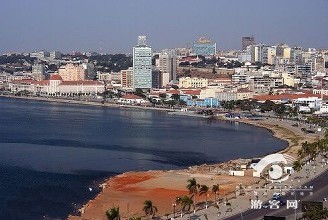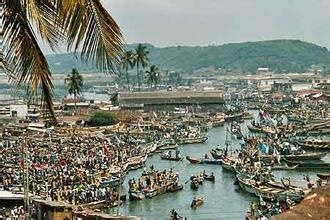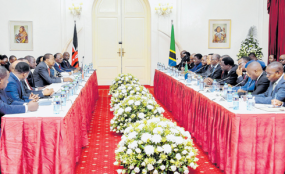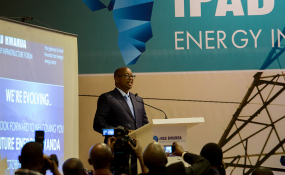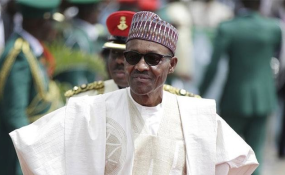Luanda — The World Bank will release USD 230 million for the country’s agricultural and commercial projects in the context of economic diversification.
The information was released on Friday by the World Bank’s representative in Angola, Clara de Sousa, at the end of a debate on “mechanisms to access international financing lines” in the framework of the 49th edition of First Friday Club.
This event is promoted on the first Fridays of each month by the United States – Angola Chamber of Commerce (USACC).
According to her, World Bank loans are granted through the state, which later direct the funds to business institutions and entrepreneurs who submit viable projects.
On his turn, the representative of the African Development Bank (AfDB), Martin Septime, announced that the institution has several ongoing projects with the initial value of USD 1.6 billion for funding.
Among the projects, he highlighted the projects of the productive sector, such as in the fields of energy, water and sanitation, artisanal fishing, environment and institutional capacity building.
He also said that the AfDB has the mission to promote the sustainable economic development of its member countries and since 2011 it has opened an office in Angola that has facilitated relations with the Angolan government.
In turn, the executive director of the USACC in Angola, Pedro Godinho, said that it is important that companies are more daring and able to discover sources of international financing.
“Currently to get a financing from the local banks is much more expensive and difficult due to the crisis due to the drop in the price of oil in the international market”, he said.
To the US ambassador to Angola, Helen La Lime praised the event that aimed to raise awareness of the mechanisms for accessing international financing lines.
Helen La Lime called for greater dissemination of programmes to support the various sectors of the country.

